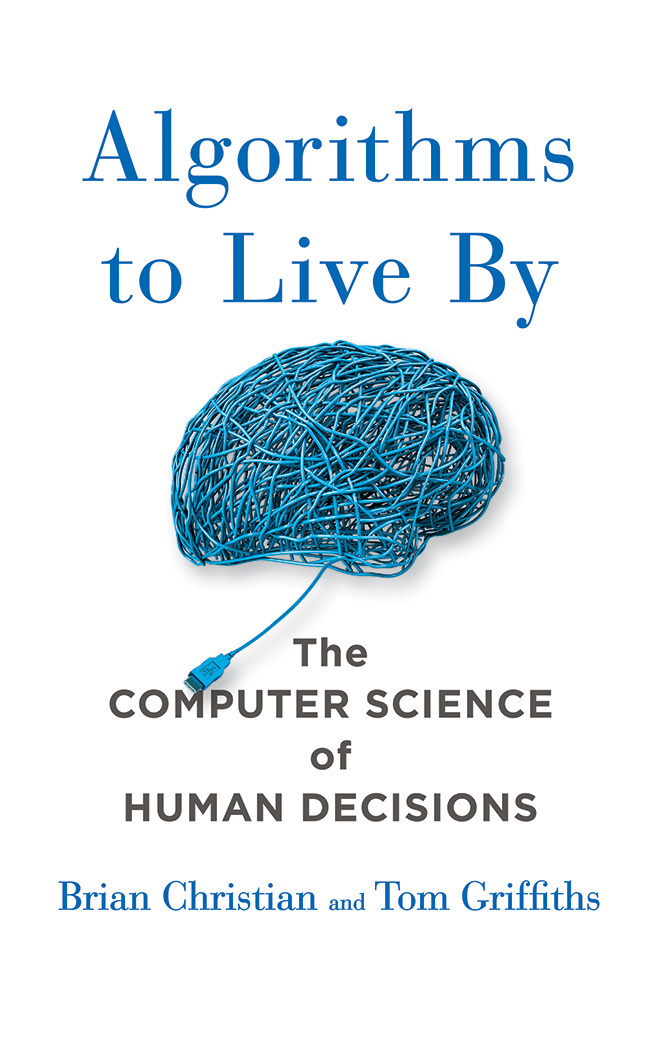In today’s day and age, we have access to more music than ever before – thanks to the ever present hand of the algorithm. As music streaming becomes the main way that we enjoy our favorite tunes, the algorithm has both helped and hindered the discovery of new and emerging artists. The importance of this technology, and its effects on artists, cannot be overlooked. This article will explore both the positives and negatives of music and the algorithm, and the double-edged sword it represents.
1. Understanding the Impact of Algorithms on Music
Algorithms are increasingly shaping the way we experience music today. A broad range of technologies such as streaming services, predictive playlists, and personalized radio are all powered by algorithms. This new technological structure has quickly become integral to the contemporary music landscape, impacting musical production, distribution, and consumption.
The algorithm boom has made music readily available as digital recordings, and delivered songs tuned to individual tastes. People form preferences for individual tracks and artists by listening to different songs. Algorithms then identify the tracks and artists the listener prefers, and delivers content tailored to their tastes.
- Algorithms are used for personalization: they can create a personalized experience for an individual user. By taking into account past user listening habits, algorithms can suggest new tracks or artists that may be relevant for them.
- Algorithms are used for distribution: they can help to increase the visibility of artists‘ music, ensuring their content reaches as many users as possible.
- Algorithms are used for curation: they can assist in creating playlists of popular or related songs, and in suggesting new releases.
Algorithms have changed the music ecosystem altogether. It has made music more widely available and personalized for each listener, creating an experience tailored to the individual’s preferences. As technologies such as streaming services, playlists, and customized radio have gained in popularity, algorithms have become an increasingly prevalent factor of the modern music landscape.
2. Exploring the Pros and Cons for Artists
Breaking into the Art Industry
When an artist decides to pursue a career in art, there are many aspects of the art industry that must be taken into consideration. The pros and cons of breaking into the art industry can help an artist determine whether it is the right fit for them.
One pro of breaking into the art industry is the opportunity to make a living while doing something they love. Artists will have the chance to express themselves through their art, share it with the world, and possibly get paid for it. Additionally, there is the potential to network and collaborate with other artists in the industry and gain valuable creative inspiration.
On the downside, the art industry is competitive, and many artists may find it difficult to make their work stand out from the crowd. Furthermore, an artist’s success is largely reliant on the strength of their portfolio- which can often be seen as risky when embarking on a career in art.
Overall, each artist must weigh up the pros and cons for themselves and decide whether embarking on a career in art is the right fit for them.
3. Examining the Long-Term Implications of Algorithmic Music Promotion
Algorithmic music promotion has the potential to completely revolutionize the way we think about marketing a song or album. With a simple algorithm and the right information, digital marketers can quickly promote music to an audience that is laser-targeted with sonic precision. The long-term implications of this technology go far beyond what can be done in the short-term.}
The impact on the music industry can be far-reaching. For starters, larger labels and artists may find it easier and quicker to market their work to the right people using an algorithm. Additionally, it can provide more opportunities for smaller independent artists to leverage their music’s potential and gain exposure in new and unexpected ways. More opportunities for discovering new music can open up, as music professionals can better understand consumer tastes and accurately predict which songs will catch on with specific audiences.
- Overall, algorithmic music promotion can have a positive and lasting impact on the music industry in terms of growth, creativity, and variety, and many more.
- The ability to easily identify and target specific audiences can open up greater opportunities for music discovery.
- More opportunities for independent artists to gain exposure and be discovered by a larger audience.
- The shorter time required for a product to reach the right customer could lead to faster turnarounds in market penetration and profitability.

4. Strategies for Optimal Artist Success in the Algorithm Age
The Algorithm Age presents developing artists the challenge of creating content that stands out and resonates with their target audience, while also gaining visibility on different platforms. It means there is no one-size-fits-all approach to success – it’s all about trial and error and exploring what works.
Here are some key strategies artists can use to make the most of the Algorithm Age and maximize their success:
- Research: Perform regularly analysis on what content works and the platforms your target audiences are on.
- Varied Content: Step outside of the box with fresh ideas for content like viral videos,livestreams, behind-the-scenes footage and even thoughtful surveys.
- Playlists: Use curated playlists as an easy strategy to increase visibility and reach new potential fans.
- Engagement and Conversation: Use social media to start a dialog with fans and potential listeners.
- Organization: Keeping track of analytics and metrics can help refine your approach.
- Collaboration: Reach out and collaborate with other artists to expand each other’s fanbases and gain new listeners.
As more and more music is created and released into the world, algorithmic systems like Spotify, YouTube and SoundCloud serve as double-edged swords for artists. On one hand, these algorithmic systems have opened up more creative opportunities and provided fertile ground for connecting listeners with new music. On the other hand, the algorithms can overshadow the true artistry of recording artists and songwriters. With AI technology ever increasing, it is up to the artists to figure out the right balance between technology and the ultimate creative expression of music. It’s a challenge that all musicians and music makers should take on – and a challenge that will shape the future of music for years to come.

